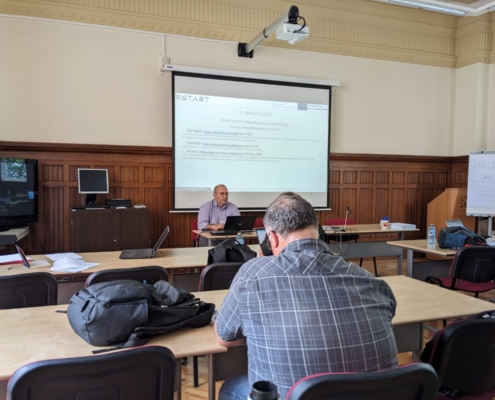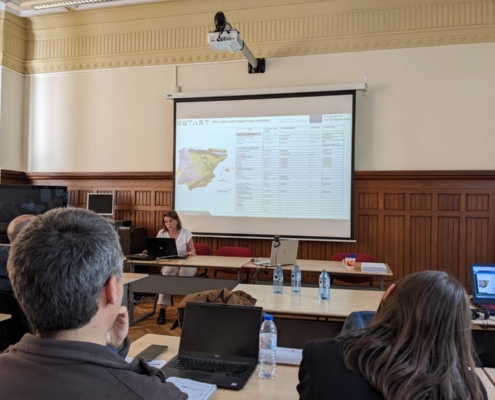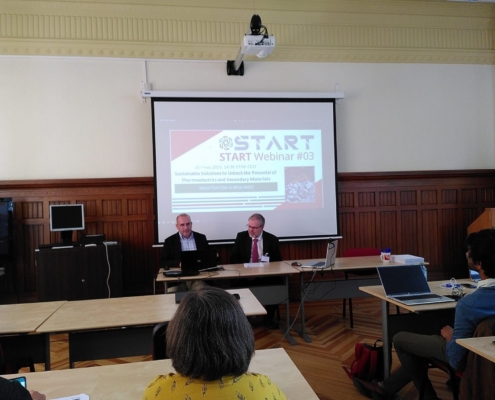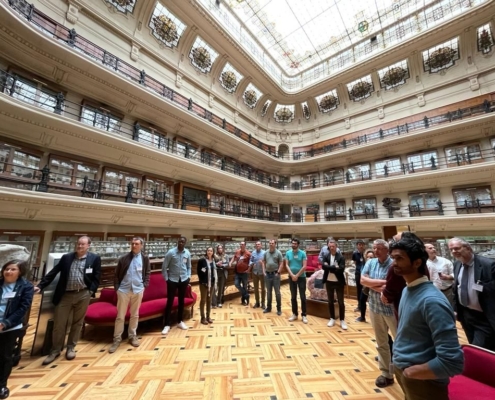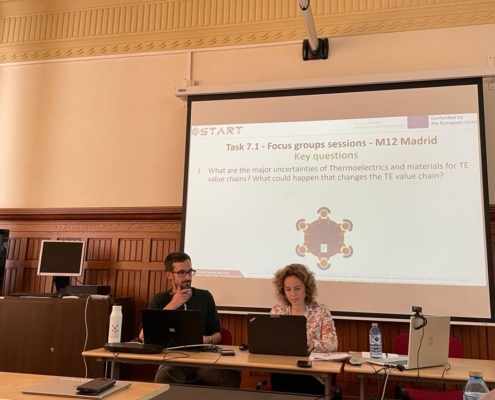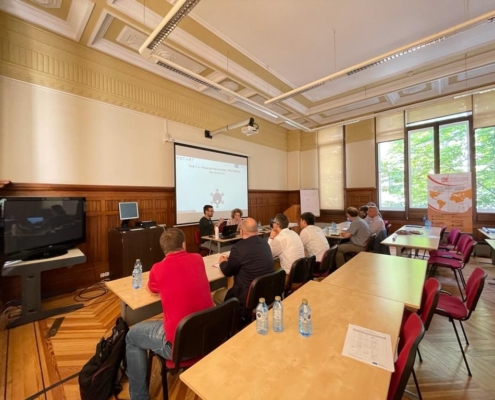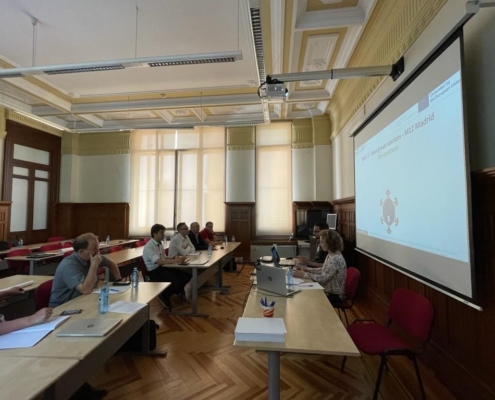The EMPORIA4KT project, funded by the INTERREG Atlantic Area programme, held its final event in Gran Canaria, Spain on June 21st and 22nd, 2023, organised and hosted by La Palma Research Centre. This event, titled Fostering Innovation through the Blue Economy: from the Canary Islands to the Atlantic Area perspective, counted with almost 100 participants.
Over the two days, the EMPORIA4KT event sought to highlight the project’s key outputs, summarise how the EMPORIA4KT methodology has been applied to the Canary Island case study, provide a platform for the final sales pitch of the Canary Islands’ Blue Economy Technology Transfer programme and explore ideas for carrying on the legacy of the project through follow-on actions, initiatives and collaboration.
The two days featured many interactive sessions that aimed to foster a debate regarding the application of EMPORIA4KT methodologies and findings to the advancement of innovation practices for overcoming challenges and meeting opportunities in the Blue Economy. The success of the event was elevated by the invited speakers, representing a variety of Blue Economy stakeholder sectors, who provided their unique insights through two roundtables.
Another important part of this event was the conclusion of the second iteration of the EMPORIA4KT Blue Economy Technology Transfer (BETT) programme. The audience first heard testimonies from former researchers of the programme Júlia Terra, Ken Russell and Sergio Santorio, and later Rozenn Le Vaillant, TQC, hosted an interview session with developers of early-stage technologies Alain Dinis, Ocean Streamer/Virtual Dive, Alexandre Paiva, NOVA and Ana Armanda Bras, LJMU. Three teams from the Canary Islands’ BETT programme presented their ideas:
- Floating Bubble Hotel – Joselin S. Rodríguez-Alcántara (ULL) & Chaitanya Suárez Rojas (ULPGC)
- Fast and Fishious! – Inma Herrera (ULPGC), Ángel Rivero Falcón (ITC) & Yolanda M. Lemes (AU)
- Use of Metabolites from Marine Algae for Anti-Parasitic Treatments – Tasnim Allaoui Dahlou (ITC) & Oliver Soliveres Acuyo (ITC)
After the event, the project partners were taken on a tour of key research infrastructures feeding into the Canarian Blue Economy, the Oceanic Platform of the Canary Islands (PLOCAN), the aquaculture research centre of the University of Las Palmas Gran Canaria (ULPGC) and the Spanish Bank of Algae (BEA).
As the project coordinator Aneesh Zutshi noted in his concluding remarks, throughout the two-day event, it was clear that the EMPORIA4KT programme has delivered on its goal of developing new knowledge transfer tools and methods for promoting research innovation in the Atlantic Area Blue Economy. Furthermore, there was recognition among all the participants in attendance that even as the project concludes, there are plenty of opportunities for future collaboration and networking to build on the foundation that has been laid by this highly successful project.
The project might be over, but work will continue! Follow and engage with the project via the website, LinkedIn group and Twitter account.

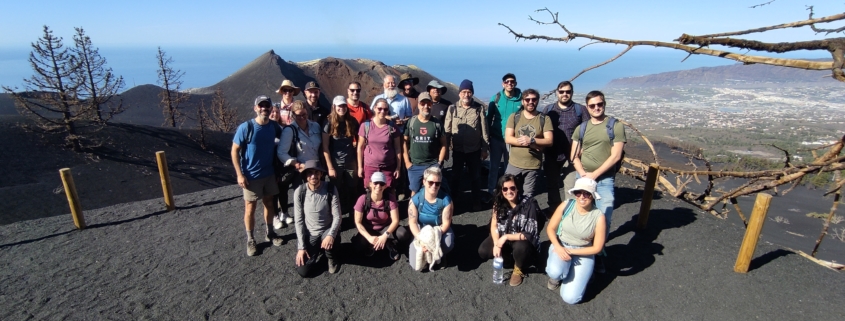 La Palma Research Centre
La Palma Research Centre
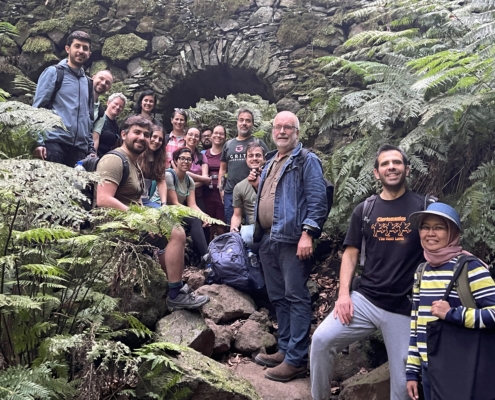
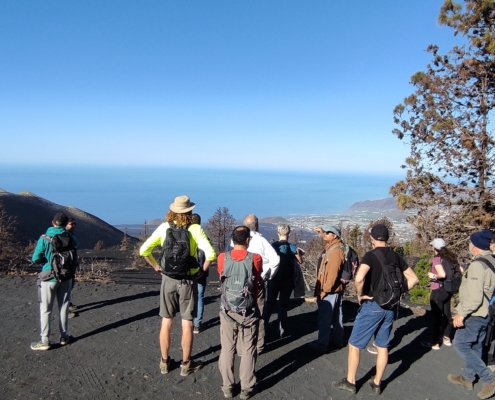
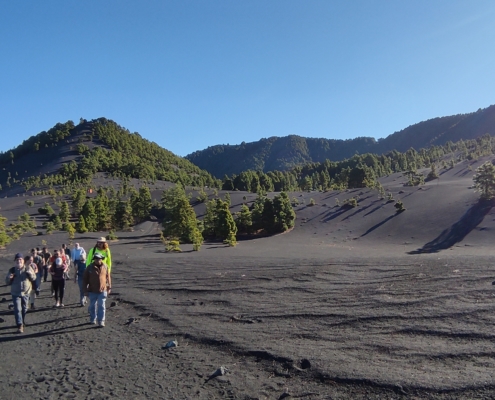
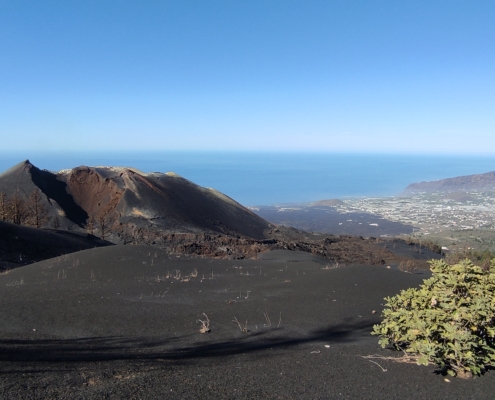
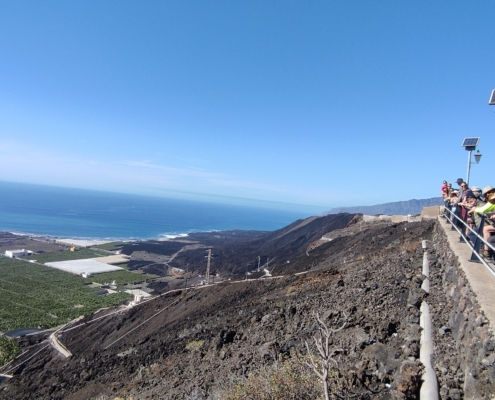
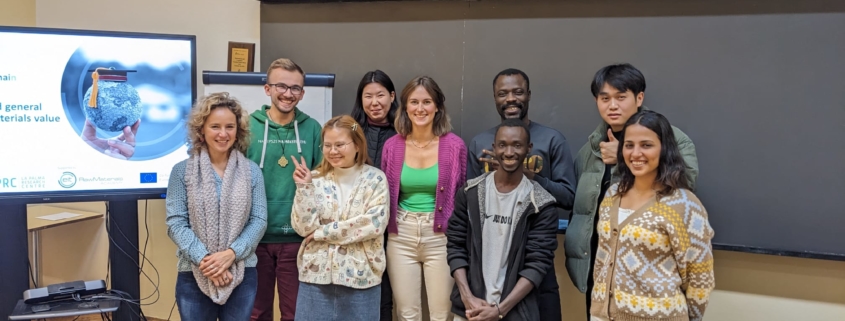 La Palma Research Centre
La Palma Research Centre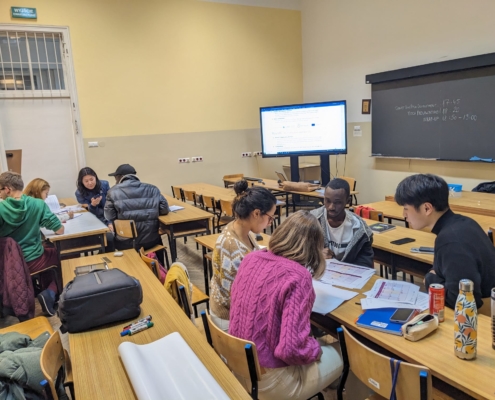
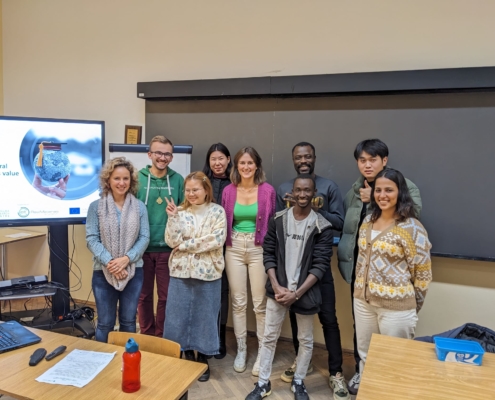
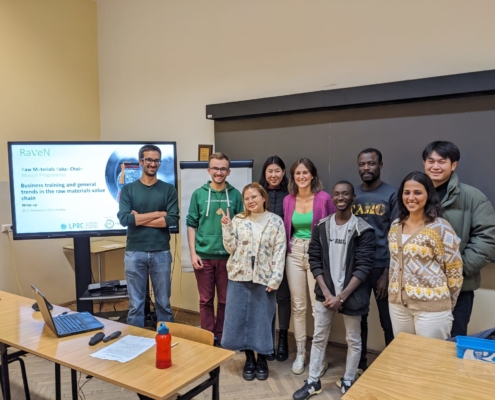
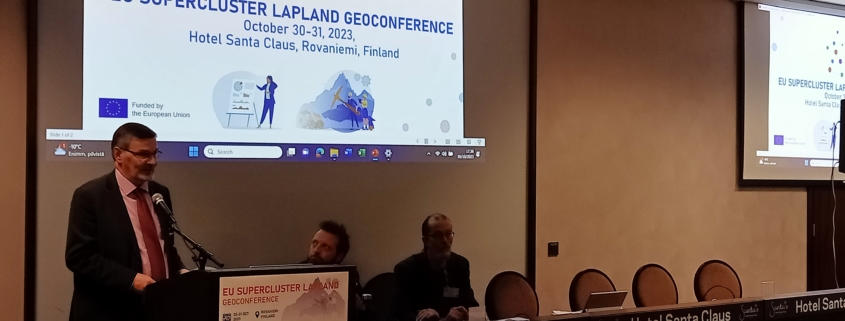 La Palma Research Centre
La Palma Research Centre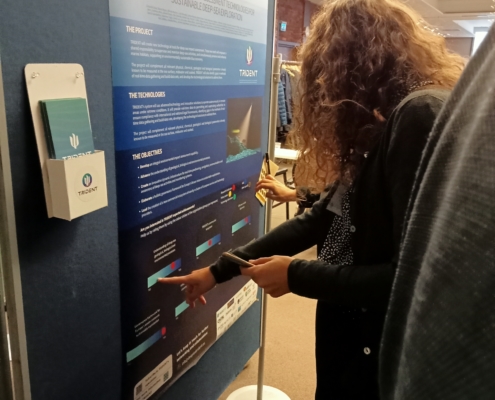

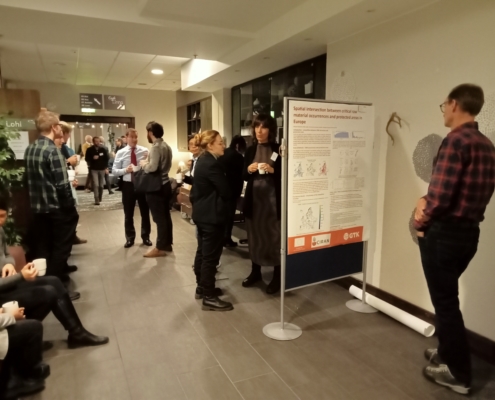
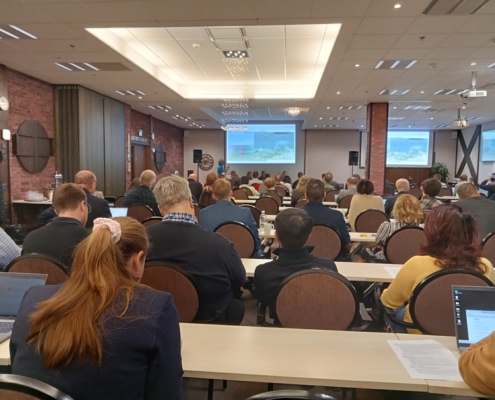
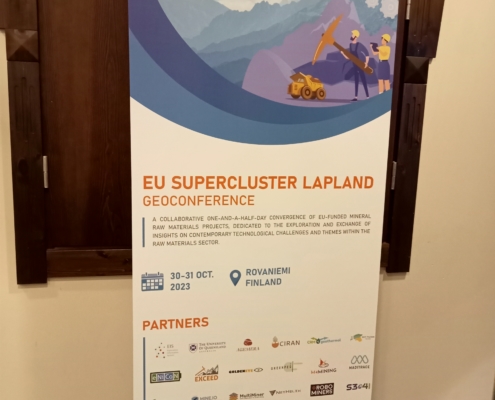
 Credit: SLB website (https://www.slb.com/)
Credit: SLB website (https://www.slb.com/)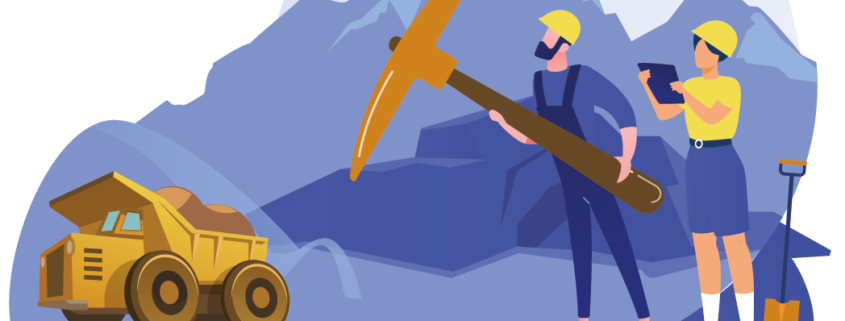
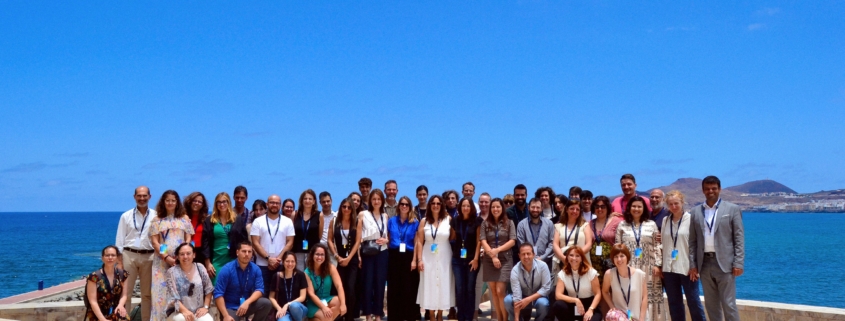
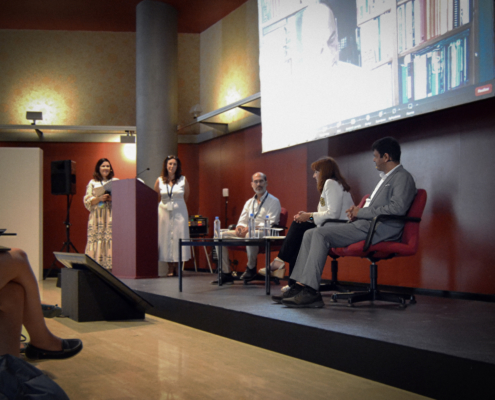
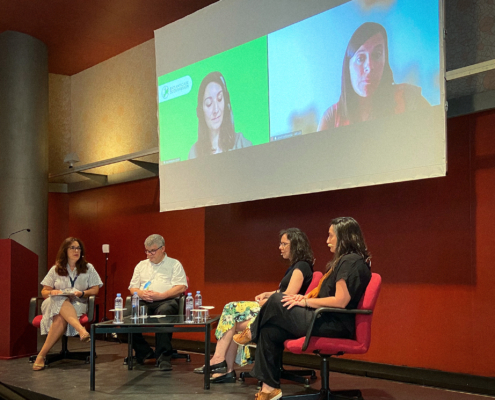
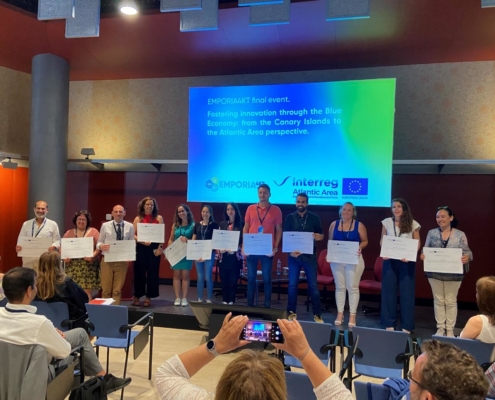
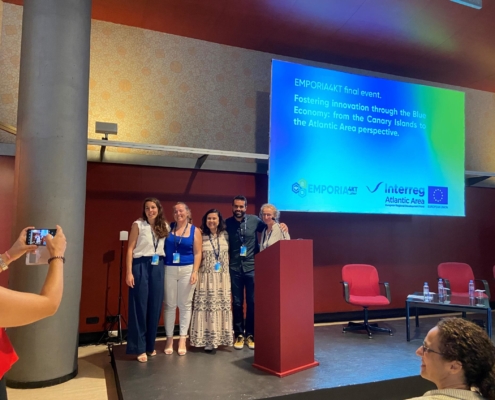
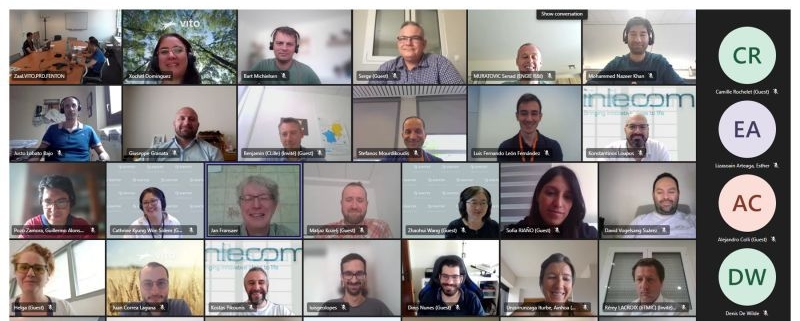 PNO
PNO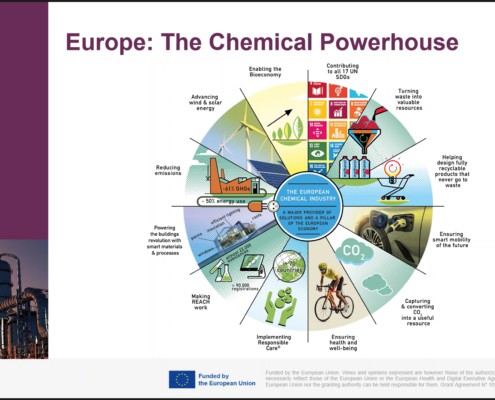
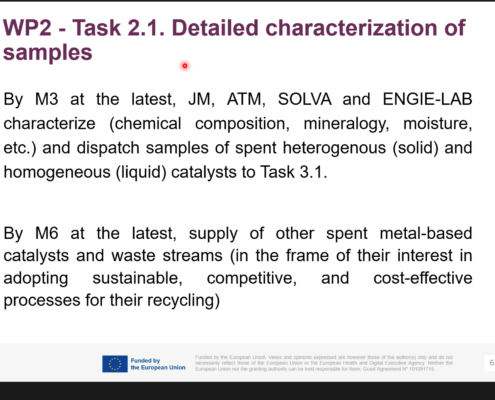
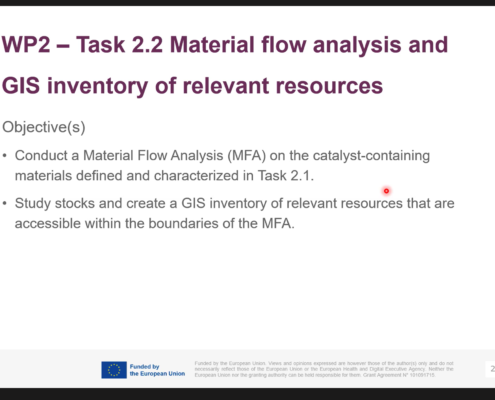
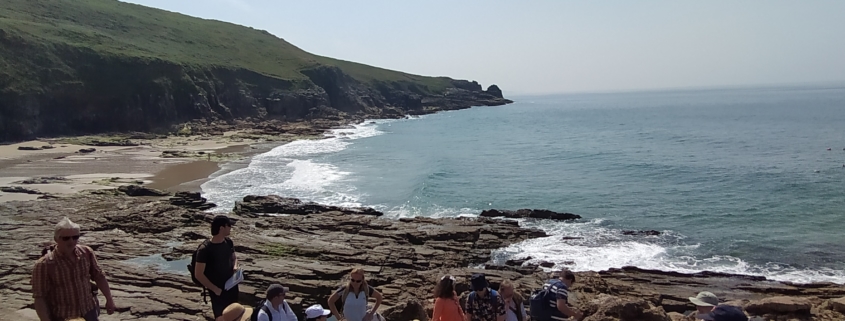 La Palma Research Centre
La Palma Research Centre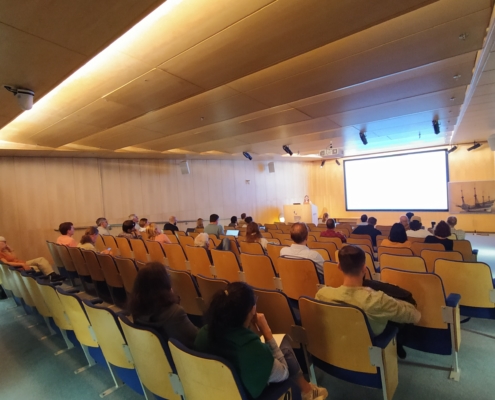
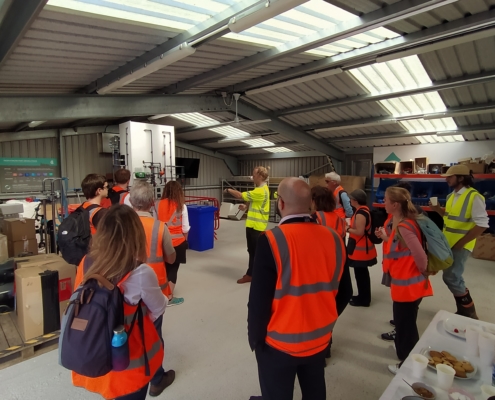
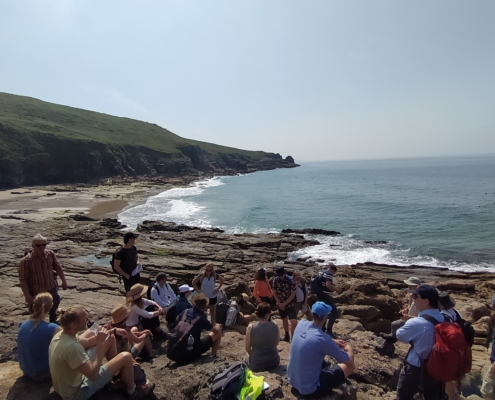
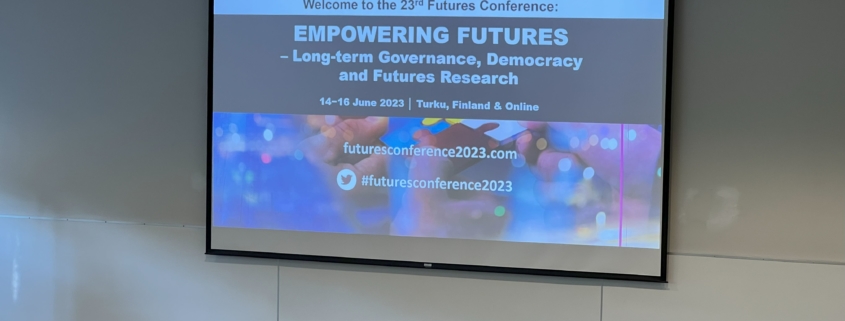 La Palma Research Centre
La Palma Research Centre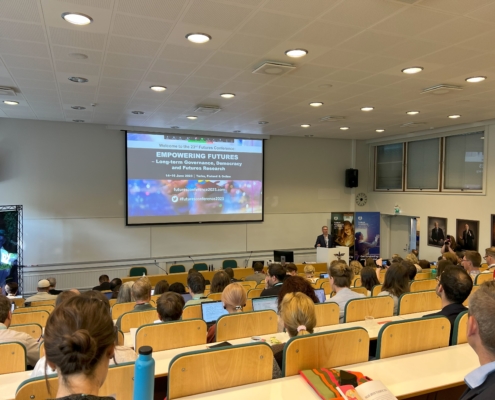
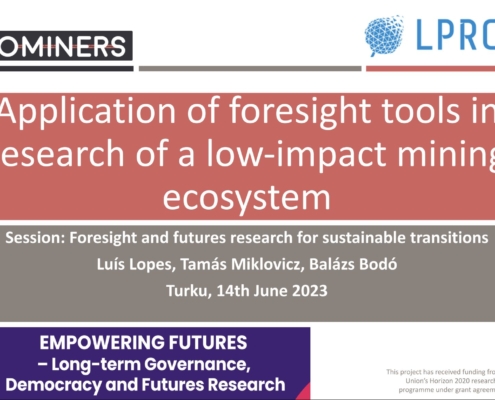
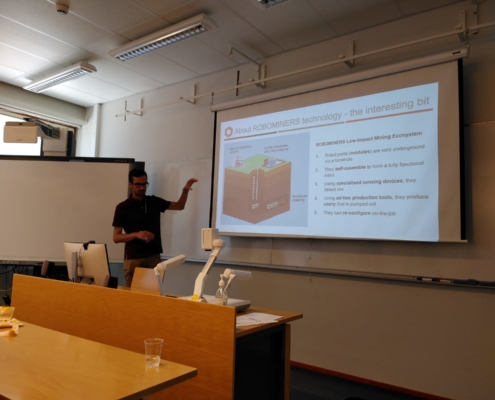
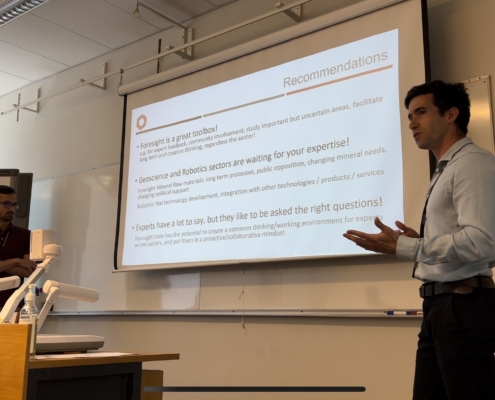
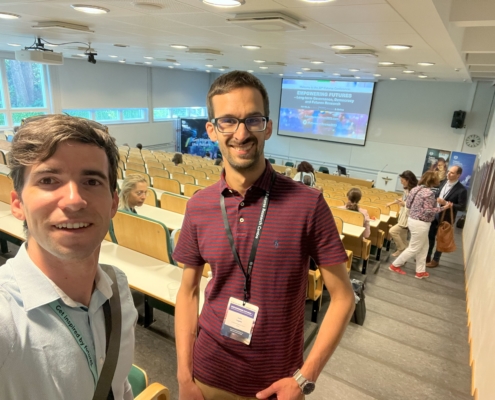
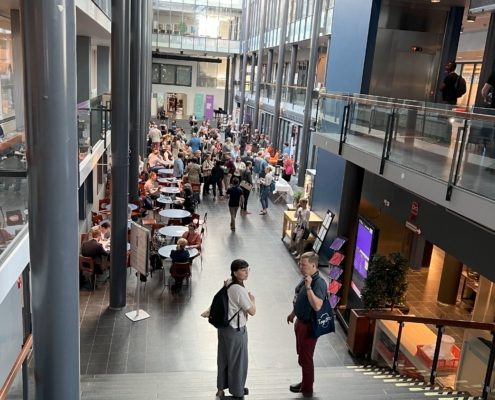
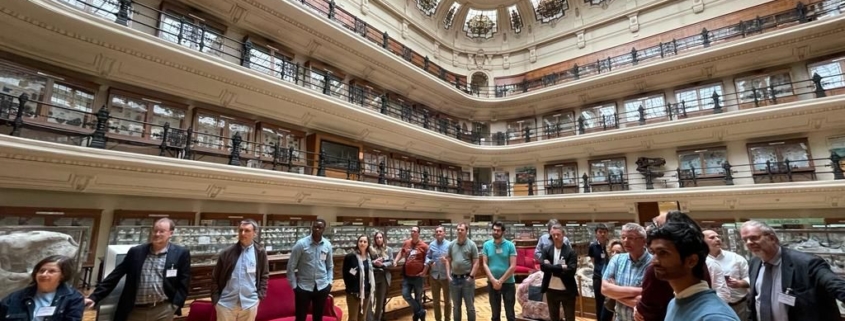 EPMA
EPMA